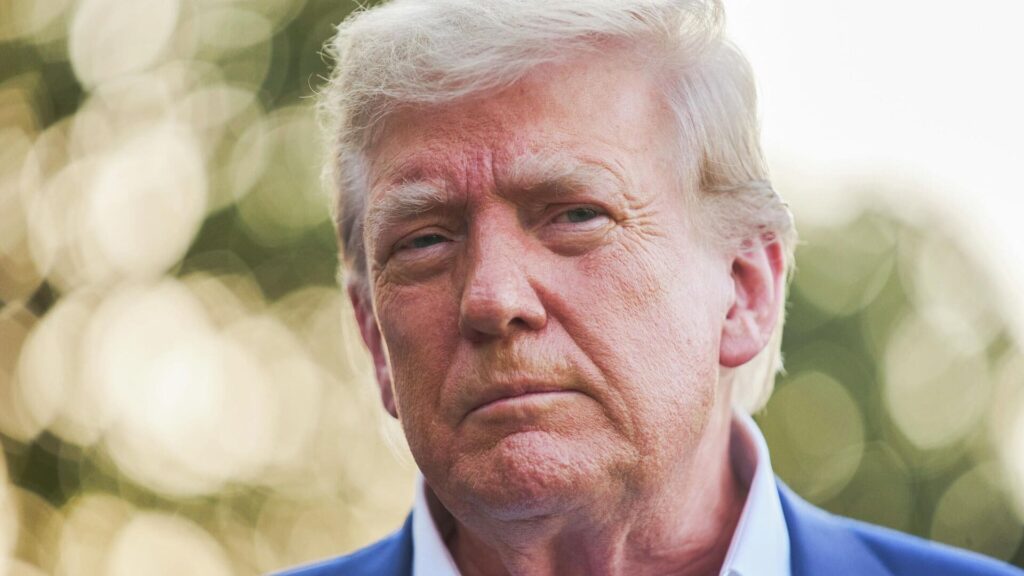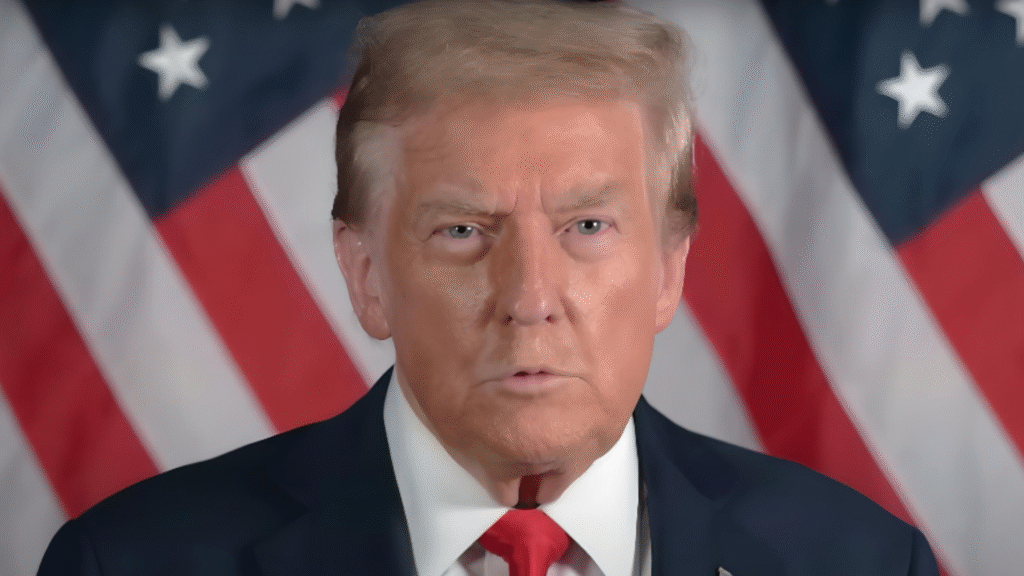Washington, July 2025 — At a time when the global economy is undergoing a profound transformation, the United States and Japan have unveiled an ambitious new initiative. Speaking at a press conference at the White House, former President Donald Trump announced a trade deal he described as “possibly the largest” in the history of bilateral relations between the two nations. Under the agreement, Japan has committed to investing $550 billion in the U.S. economy—a move Trump says will “restart the industrial heart of America.”
This announcement comes against the backdrop of growing international volatility: global supply chains are being restructured, energy security is at the forefront of economic policy, and technological competition among major powers is intensifying. The deal between Tokyo and Washington reflects a new global reality—where trade partnerships are not only about commerce but have become strategic tools of geopolitical positioning.
Investment in America’s Heartland and the Energy Transition
According to the published details, the funds will be directed toward sectors deemed critical for long-term competitiveness: renewable energy, microelectronics, infrastructure, and advanced technology. Special attention will be given to U.S. states that have traditionally been overlooked by global capital, including Pennsylvania, Ohio, and Michigan—regions that have struggled with industrial decline for decades.
The agreement also outlines joint energy projects, including hydrogen development and green energy infrastructure. As regions like Europe and Asia actively diversify their energy sources, the U.S. stands to enhance its position as a key technological and energy hub.
Tariffs as a Strategic Balancing Tool
One of the more controversial elements of the deal is Japan’s agreement to a 15% tariff on its exports to the U.S. Trump emphasized that this measure aims to “restore fairness to the trade balance” and protect domestic manufacturers. While the move may raise prices for certain consumer goods—particularly vehicles and electronics—analysts believe the broader goal of boosting domestic production will likely be achieved.
Shifting Supply Chains: High-Tech Firms Relocate Operations
Japanese media report that major corporations, including Toyota, Sony, and Panasonic, are considering relocating portions of their manufacturing operations to the United States. This shift aligns with a growing global trend: rethinking supply chains in light of rising geopolitical risks and technological competition. What once seemed improbable just a few years ago is quickly becoming part of a new industrial logic.
A New Generation of Economic Diplomacy
This U.S.-Japan deal goes far beyond the scope of a typical trade agreement. It exemplifies a new form of economic diplomacy—one that prioritizes resilience, national security, and technological sovereignty. In a world where new alliances are forming and old dependencies are unraveling, such agreements are no longer just engines of growth—they are pillars of a redefined international order.
Experts suggest that this agreement could serve as a model for future global economic partnerships—focusing on mutual benefit, strategic independence, and sustainable development. While many technical and political details remain to be finalized, the core message is clear: the era of easy globalization is over, and in its place emerges a more complex—but more deliberate—framework for international cooperation.



